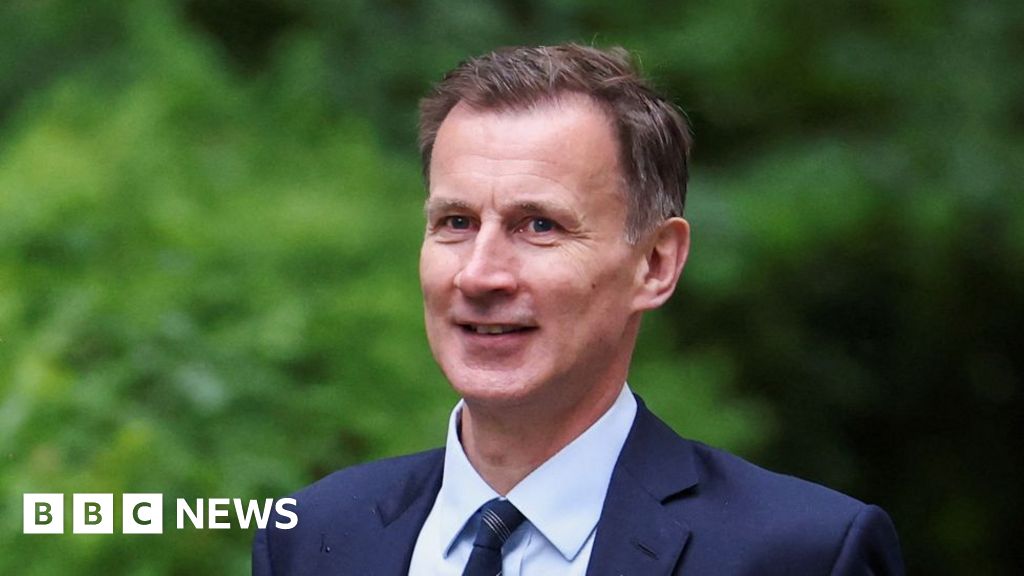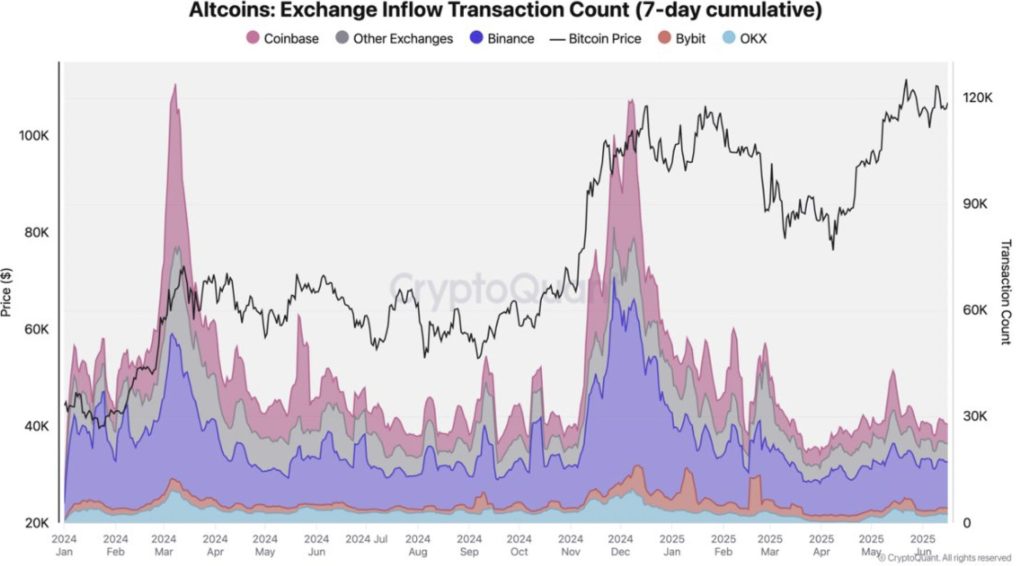The Conservatives insist their measures to reduce welfare spending have been announced since Mr Hunt’s autumn statement, which was in November last year, or will be announced in the future.
Their claims about welfare savings have also been questioned by the independent Institute for Fiscal Studies (IFS) think tank, who said that it was “far from clear” that the they could save the required amount.
The IFS said that was because “many of the policies that they plan to set out in their manifesto were previously announced by the government and have therefore already been incorporated” into government budgets.
Much of the Conservatives’ drive for savings from the welfare bill would come from halting the surge in claims for disability benefits, primarily the Personal Independence Payment (PIP).
The number of claimants has risen from 2.3 million people in 2019 to 3.6 million now and is forecast to rise to 4.6 million within five years of the election.
The government launched a consultation on ways to reform PIP in April.
The Conservative campaign points to a further suite of measures that were all announced after Mr Hunt’s Autumn Statement, such as increased mental health support, a call for evidence on reforms to fit notes, faster rollout of universal credit, and tougher powers to remove benefits from people who refuse work.
Paul Johnson, the IFS’s director, has said that the cuts in spending required by the Conservatives’ plans “would not be easy and would need definite, clear policies that require difficult decisions” and have not yet been announced.
However, he added: “I was equally sceptical about promises of delivering £12bn of welfare savings in the 2015 manifesto.
“Via some serious cuts, including four years of freezes, those savings were broadly delivered, albeit two years later than that manifesto had claimed.”
A Conservative spokesman said: “Unless action is taken, the working-age welfare bill will rise by more than £20bn a year by the end of the decade.
“Labour is in complete denial about this and don’t think it’s possible to save a single penny from this unsustainable rise.
“We don’t think that’s right, which is why we have set out how we would save £12bn from the welfare bill by the end of the next parliament, including by controlling spending on health and disability benefits and taking people’s benefits away after 12 months if they don’t accept a job.”
Credit: Source link











